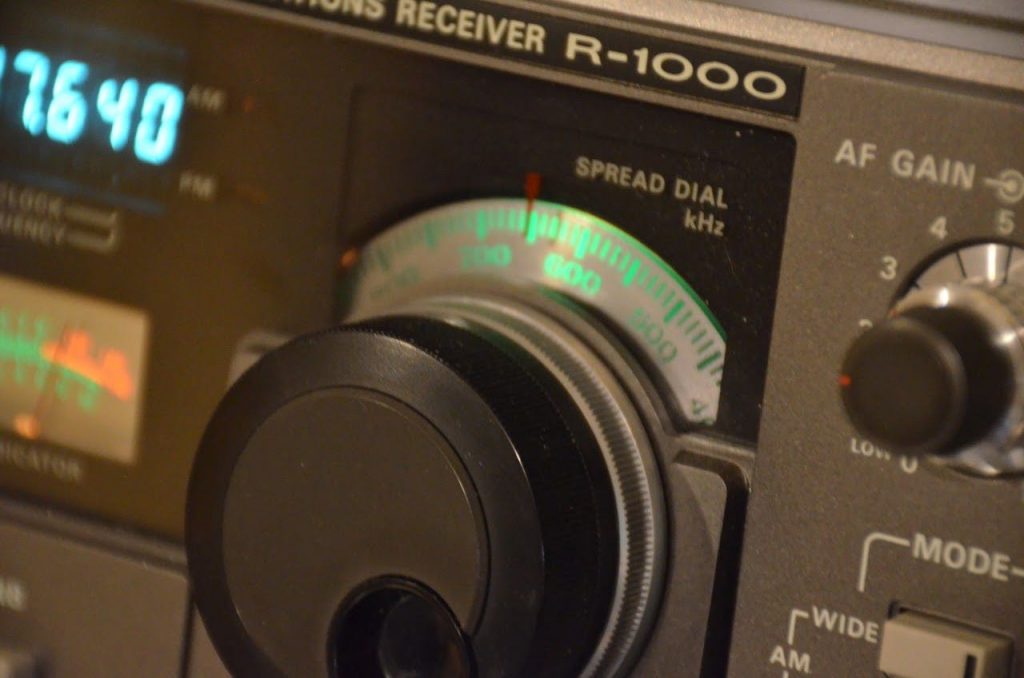(Source: BBC Media Centre)
The BBC World Service today launched the first new language service in its biggest expansion since the 1940s.
A digital Pidgin service for West Africa is being launched today. It will shortly be followed by new online services in Amharic, Afaan Oromo and Tigrinya, aimed at Ethiopia, Eritrea and diaspora audiences around the world. Further services, including Korean, are set to launch from this autumn. This expansion means BBC News will operate in more than 40 languages.
The BBC World Service expansion comes thanks to a funding boost of £289m from the UK Government.
Director-General of the BBC Tony Hall says: “Today marks the start of a new chapter for the BBC.
“The BBC World Service is one of the UK’s most important cultural exports. In a world of anxieties about ‘fake news’, where media freedom is being curtailed rather than expanded, the role of an independent, impartial news provider is more important than ever. The new services we’re launching will reach some of the most under-served audiences in the world.”
World Service Director Francesca Unsworth says: “For more than 80 years the BBC World Service has brought trusted news to people across the globe. I’m delighted that millions in West and then East Africa will be able to access the BBC in the languages they speak.
“The BBC World Service expansion will also bring benefits to audiences in the UK. Having more journalists on the ground will enrich our international reporting, bringing news from areas which are often under-reported.”
Pidgin is spoken by an estimated 75m people in Nigeria alone, with additional speakers in Cameroon, Ghana, and Equatorial Guinea.
The Pidgin service is fully digital featuring six daily editions of BBC Minute – a 60-second audio news update – followed by two daily news video bulletins in November. Two further services for West Africa – Yoruba and Igbo – will launch at the beginning of next year.
The Amharic, Afaan Oromo and Tigrinya services will launch online and on dedicated Facebook pages next month. This will be followed later in the year with shortwave radio services in each language, consisting of a 15-minute news and current affairs programme, followed by a 5-minute Learning English programme, from Monday-Friday.
Notes to Editors
The BBC World Service is launching in 12 new languages – Afaan Oromo, Amharic, Gujarati, Igbo, Korean, Marathi, Pidgin, Punjabi, Serbian, Telugu, Tigrinya, and Yoruba.


My favourite bit from the Guardian article:
The service will broadcast a half-hour radio programme daily, that will go out in the middle of the night so that, in the words of Unsworth, “people have the opportunity to listen under their bedclothes without telling the neighbours”.
https://www.theguardian.com/media/2017/aug/20/bbc-braces-for-backlash-over-north-korea-service
I don’t read anything about shortwave (?). But I read “digital” … will this be a smartphone only service?
Very pleased to see an international broadcaster expanding its services and a nation taking its responsibility to deliver relatively balanced news services into countries where the balance is “not so good”.
Makes a mockery of the Australian govt shutting down its shortwave service and facilities to the Pacific and not taking its responsibility to its remote area and Pacific neighbours.
The British govt sees merit in continuing and expanding its shortwave and other services into continents where cheap SW radios allow free access to the world and bypasses parts of the world where the internet is censored OR poor line speed and access is limited .(ie rural and remote Australai)
just my take Ross.
BBC expansion, including establishment of new overseas production centers, is stark contrast to BBG/VOA shrinkage and ongoing poor performance in online traction, despite news releases that claim massive increases in audience size.
I’m here because of the R-1000 photo 🙂
So say we all! 🙂
Me too! I used to own one. ?